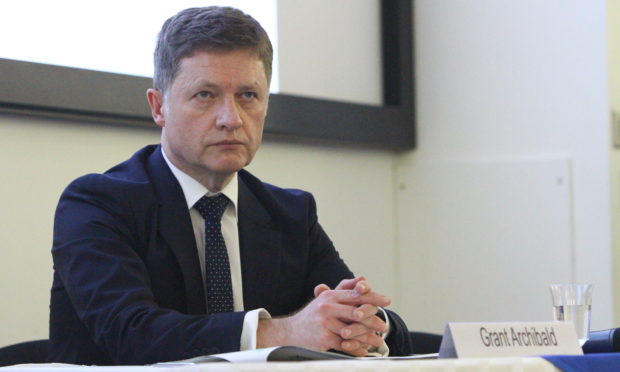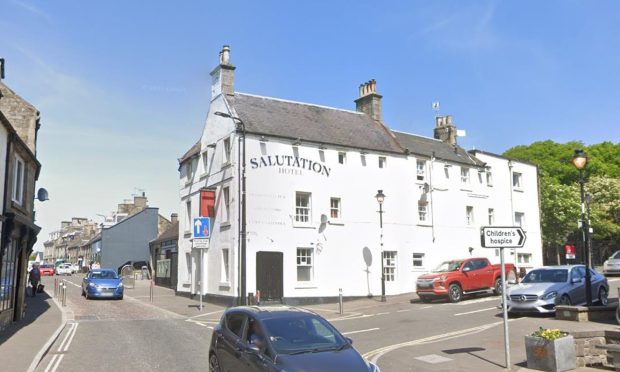NHS Tayside chiefs have defended their decision not to comply with the findings of a highly critical mental health study.
Dr David Strang, who led an independent inquiry into local pyschiatric services, made the sole recommendation to halt a controversial move to centralise facilities at Dundee.
He said NHS Tayside should first carry out a wider, more comprehensive review of the local health system.
Chief executive Grant Archibald was quizzed about the decision not to follow Dr Strang’s advice at a parliamentary hearing in Perth.
The Scottish Parliament’s Health and Sport Committee’s Tory MSP Brian Whittle asked why Dr Strang’s recommendation had not been accepted and Mr Archibald said: “For us, this was not an either/or situation.
“This year, we were working with 14 consultants down and there were seven services being run entirely by locums.
“Dr Strang said we should look at the whole system and not just that one part of it and in my view, we were looking at the whole system with the creation of what we call the Mental Health Care Alliance.
“But that review is going to take time and our concern was that in the interim, could we afford not to do something with the inpatient decisions (the centralisation of services) that had been made previously been made? That has been a challenge for us.”
He added: “To be clear, we want to work hand-in-hand with Dr Strang and his review, which we understand is due to come out in January.
“I understand why people have arrived at the view that we are unaccepting of Dr Strang’s recommendation, but that really wasn’t the case.”
Mr Whittle told Mr Archibald: “We had taken evidence from the public (on Monday evening) and they have told us that a shortage of psychiatrists is leading to a lack of continuity of care, with far too many locums.
“The public feel you are not listening or consulting with them. They feel they are being held at arm’s length.
“It was felt there was a lack of consultation with the psychiatrist unit as to the way forward, and more worryingly, they felt there would be repercussions against them if they raised any issues. The word ‘bullying’ was used.
“It is worrying to hear that kind of evidence, and it suggests to me a system that is in crisis.”
Mr Archibald said: “I’m disappointed that people don’t feel they are being consulted.
“It is not in my interest to have an environment where staff feel undervalued. You used the phrase ‘bullying’ which I had hoped would not be raised here today.
“We have always made sure we work fairly with our staff, and if there is any evidence of bullying then people can write directly to me and I will address them.”










